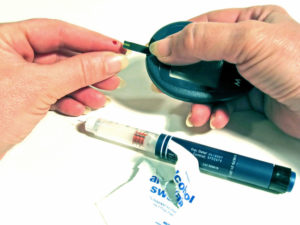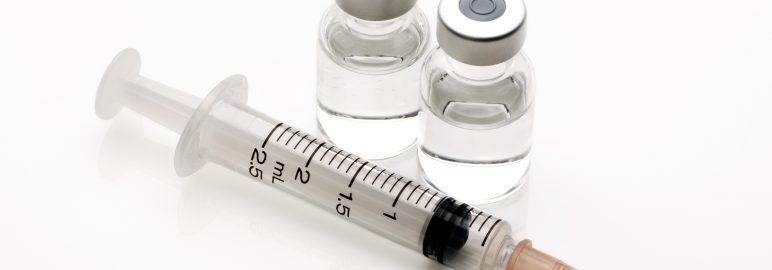I speak often of my bout with pre-diabetes. For me it was a warning and what led, in part, to my adoption of a whole-food, plant-based lifestyle. (Read more about that here.)
When I think about that time (now more than five years ago) I can’t help feeling a little upset at the messages I heard. I was told to eat more “quality” proteins like yogurt and cheese and lower fat meats and less junk. I’m sure the dietitian and doctor who told me that were well meaning. It’s the same message they probably told all their patients.
But there is a difference between me and many patients diagnosed with diabetes or its precursor. I was not overweight and never have been. That’s important because the research indicates that simply by losing up to a fifth of their body weight, people can reverse diabetes.
So while lower-fat foods can lead to reversal of type 2 diabetes, the lower-fat foods aren’t the key, it’s the weight loss. The science does indicate that diabetes (and pre-diabetes) can be prevented and in some cases even reversed by diet, but it’s not through “better quality” meats and higher levels of protein.
meats and higher levels of protein.
More than 20 million Americans are currently diagnosed with diabetes, with an estimated 7 million more potentially undiagnosed. The numbers have tripled since 1990, a rate that the CDC predicts will end in a third of all Americans with the disease within the next 30 years.1
With so much of the U.S. population at risk of diabetes, I wonder whether the science will win out or the pharmaceutical companies.
Numerous research studies show that after a short time on a whole-food, plant-based diet. In one such study, after about seven months on the diet, A1c levels dropped to a nondiabetic 5.8, and this was after the participants were able to stop taking most of their medications. Even subjects who didn’t lose weight still appeared to improve their diabetes.2
In another study, subjects saw their insulin requirements drop about 60 percent (even without weight loss) after just 16 days on a whole-food, plant-based diet.3
A whole-food, plant-based diet can also be beneficial in the case of one of the most painful complications of diabetes, neuropathy. Around 50 percent of people with diabetes develop the condition and there is no medical cure. However, in one study of 21 patients suffering from neuropathy pain for up to 10 years were placed on a whole-food, plant-based diet.
Seventeen of the 21 reported complete relief within days of starting on the diet. In addition, they were off all blood sugar medications in less than a month (after having been on them for up to 20 years). Other health indicators improved as well, such as cholesterol.4
Low-carbohydrate proponents claim a diabetes cure, as well. Of course these types of diets are the opposite of a whole-food, plant-based diet. And while their claims have some truth in them, they are not backed by basic biology. Worse, such low-carbohydrate diets could lead to additional health problems and a shorter lifespan in the long run.5
Meanwhile, science tells us the treatment and, for some, even the cure for type 2 diabetes.* The question remains whether people will adopt it, continue to make the pharmaceutical companies richer, or risk shortening our very lives.
___________________
*At this point there is no known cure for type 1 diabetes, although a whole-food, plant-based lifestyle has helped some people to better manage their disease.
References
- U.S. Centers for Disease Control.
- Dunaief DM, Fuhrman J, Dunaief JL, et al. Glycemic and cardiovascular parameters improved in type 2 diabetes with the high nutrient density (HND) diet. Open Journal of Preventive Medicine. 2012;2(3):364–71.
- Anderson JW, Ward K. High-carbohydrate, high-fiber diets for insulin-treated men with diabetes mellitus. Am J Cin Nutr. 1979;32(11):2312–21.
- Crane MG, Sample C. Regression of diabetic neuropathy with total vegetarian (vegan) diet. J Nutr Med. 1994;4(4):431–9.
- Ketosis and the Ketogenic Diet: Debunking 7 Misleading Statements. Mastering Diabetes.

Sorry, comments are closed for this post.